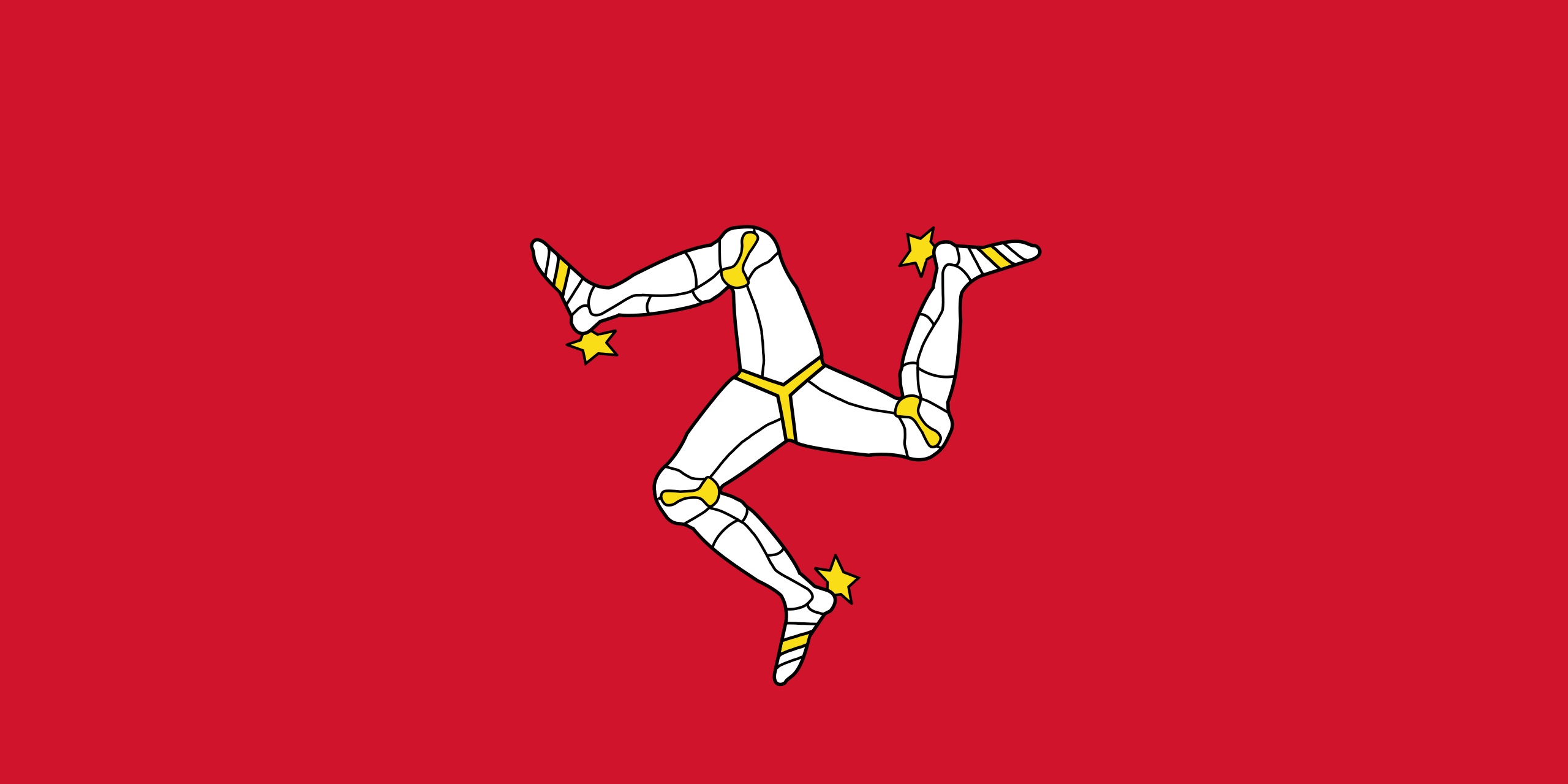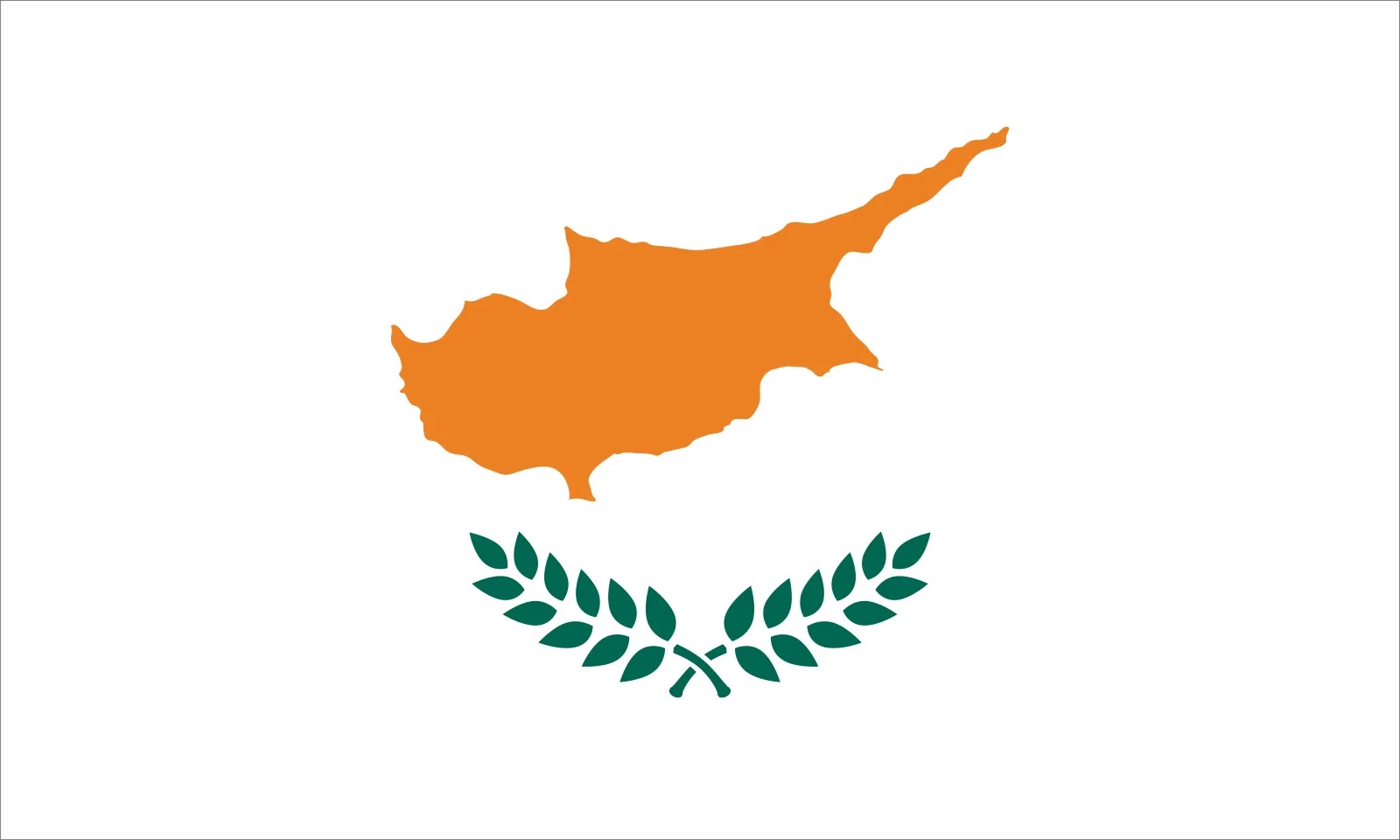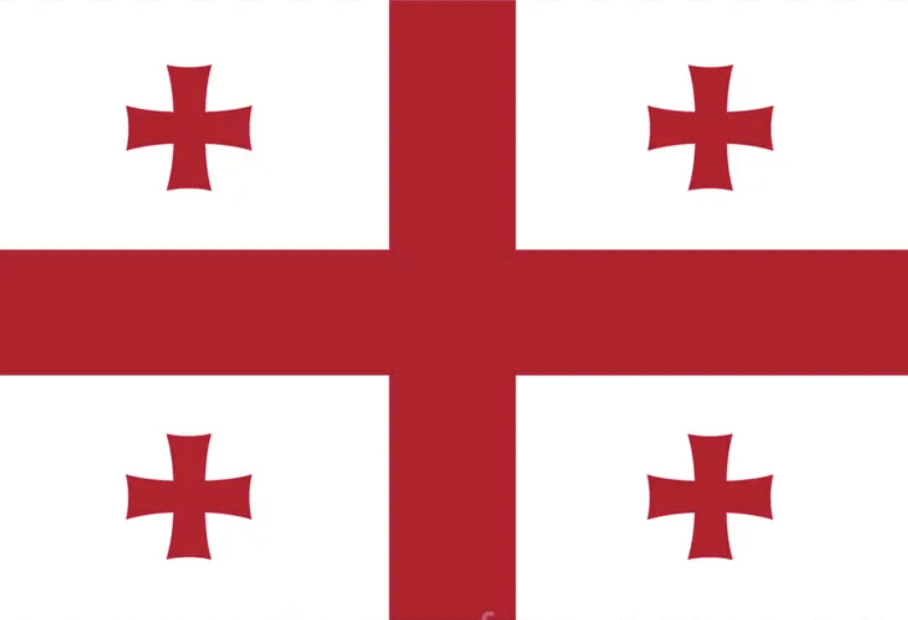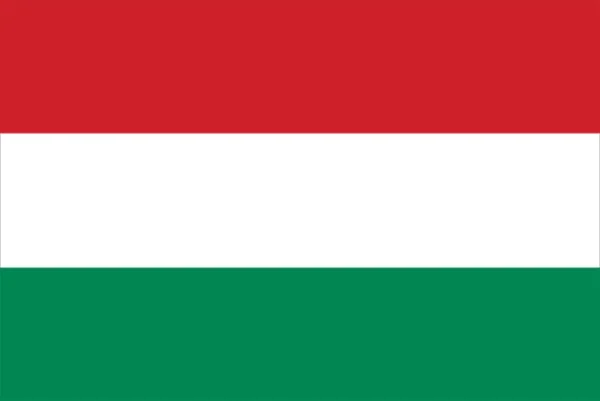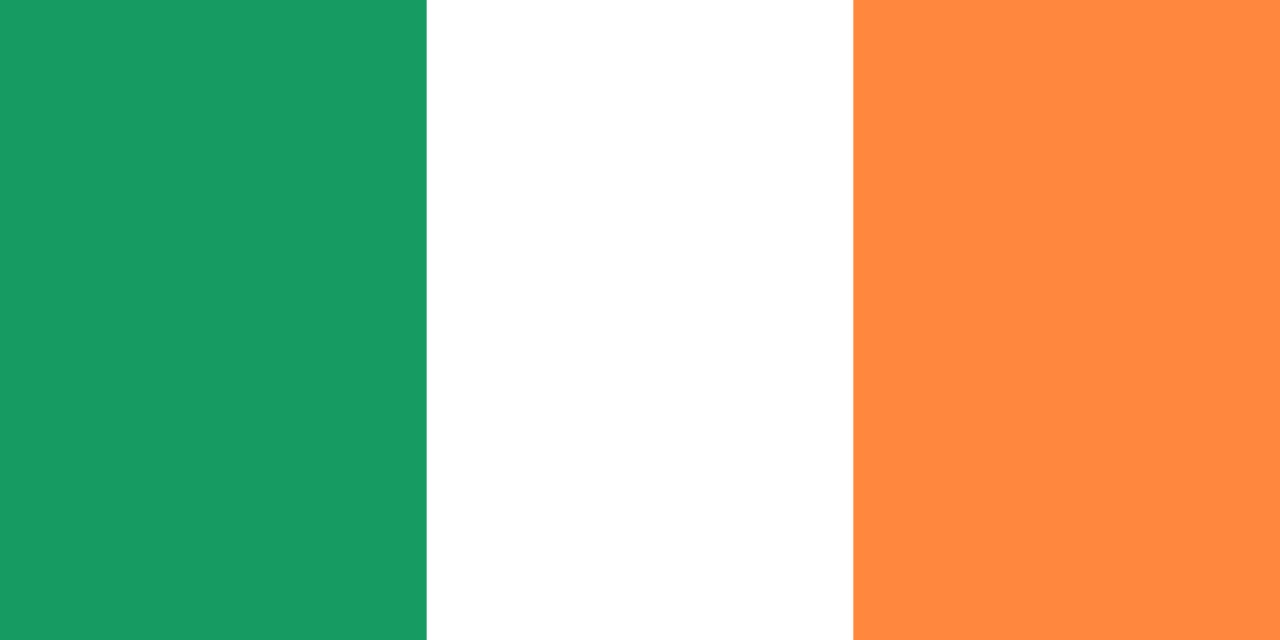The Isle of Man is a dependency of the British Crown formed by a main island and some islets located in the sea of Ireland, between Ireland and Great Britain. The sovereign is the British monarch, as lord of Man, who is represented by the governor-general. Its international representation and defense are the responsibility of the Government of the United Kingdom.
Like all other dependencies, it is not part of the United Kingdom, neither the European Union nor the European Economic Area. Although it does belong to the customs union of the European Union, thus benefiting from the free movement of industrial and agricultural goods.
As a member of the Common Travel Area, the free movement of citizens of the European Economic Area is also permitted.
The island is 572 sq. km. in extent and low elevation above sea level, with 621 meters of maximum altitude on Snaefell mountain. Around the main island, there are a few small islands such as Calf of Man, St Patrick and St Michael.
The Isle of Man has about 80,000 inhabitants, of whom 26,000 reside in the island’s capital, Douglas.
The English language is spoken by almost the entire population of the island and is also the official language. Manx Gaelic is the historical language and was traditionally spoken, but today there are few who speak fluently or in a daily basis.
The Isle of Man Pound is the official currency, which is not an independent monetary unit, but is a special pound sterling (GBP) issued for the island.
The Isle of Man has a completely independent government, parliament elected by universal suffrage (Tynwald) and judicial system. The executive power of the island is in charge of the General Minister and his or her Council of Ministers. The General Minister is nominated by Tynwald after each general election.
Financial services are the main economic sector. Banking, insurance, financial and offshore business services alone constitute more than a third of the island’s GDP. Recently, it has been opened an office of the International Stock Exchange to boost the financial industry of the island.
Manufacturing, tourism and more recently gambling are other key sectors of its economy. Agriculture and fisheries, traditionally the major sectors, are currently relatively small in the Manx economy.


